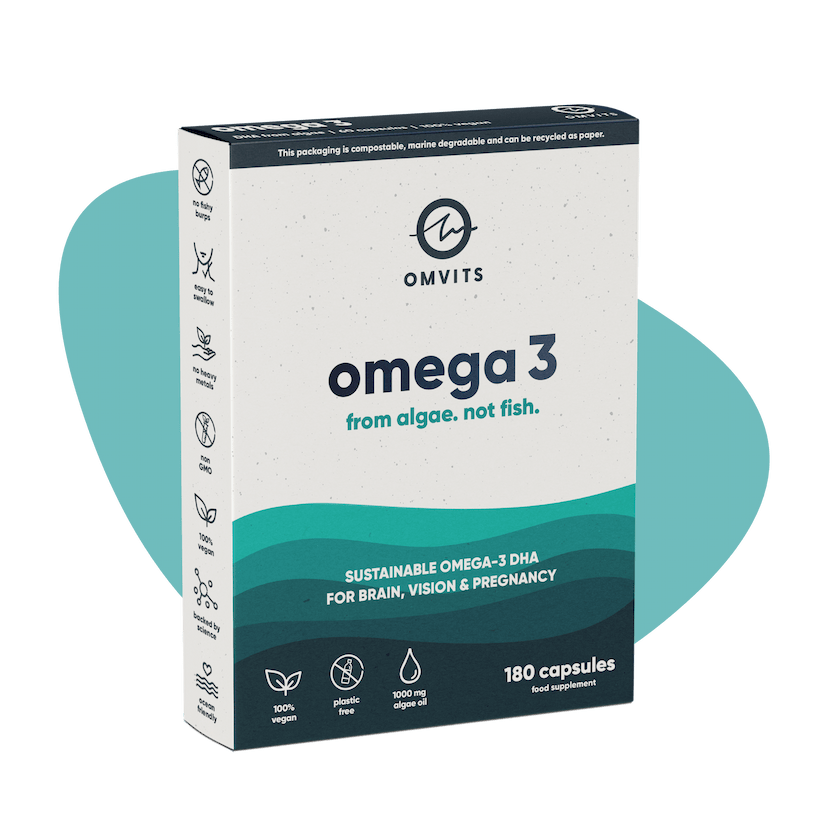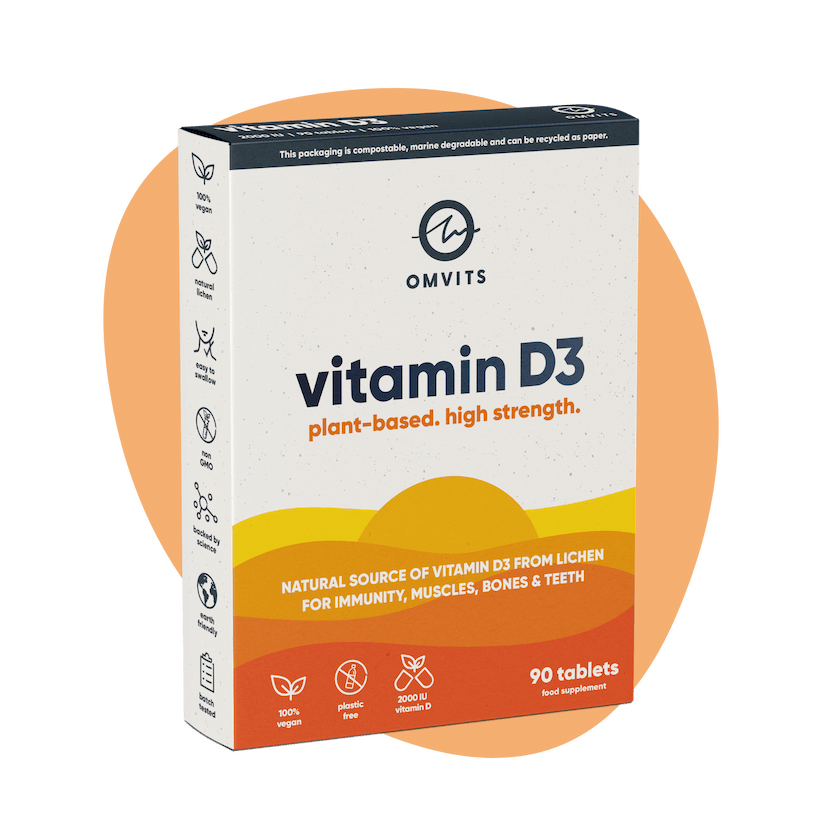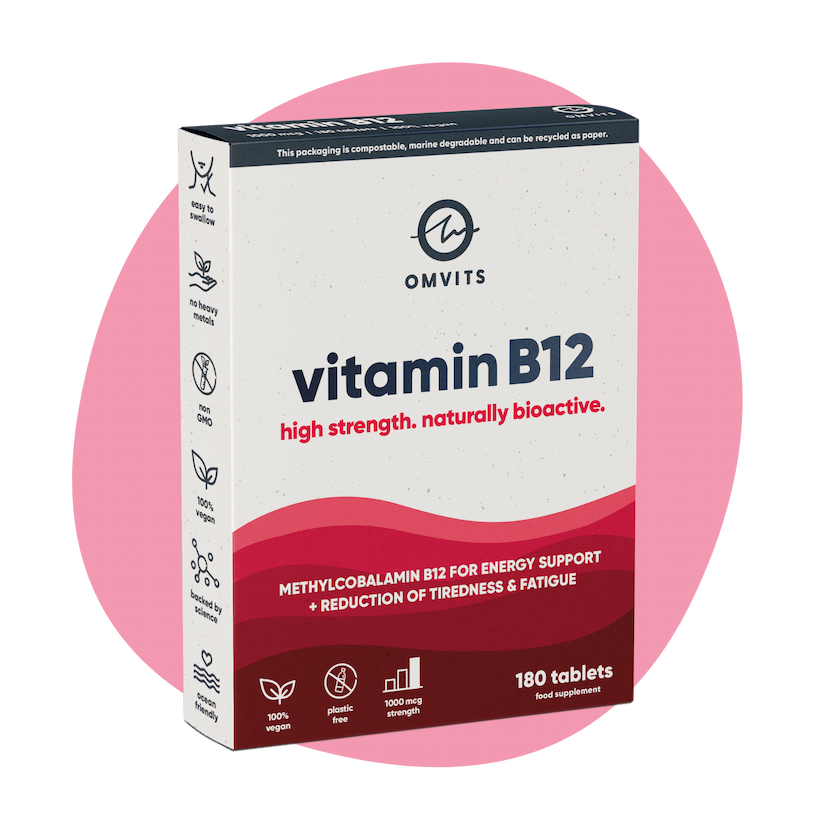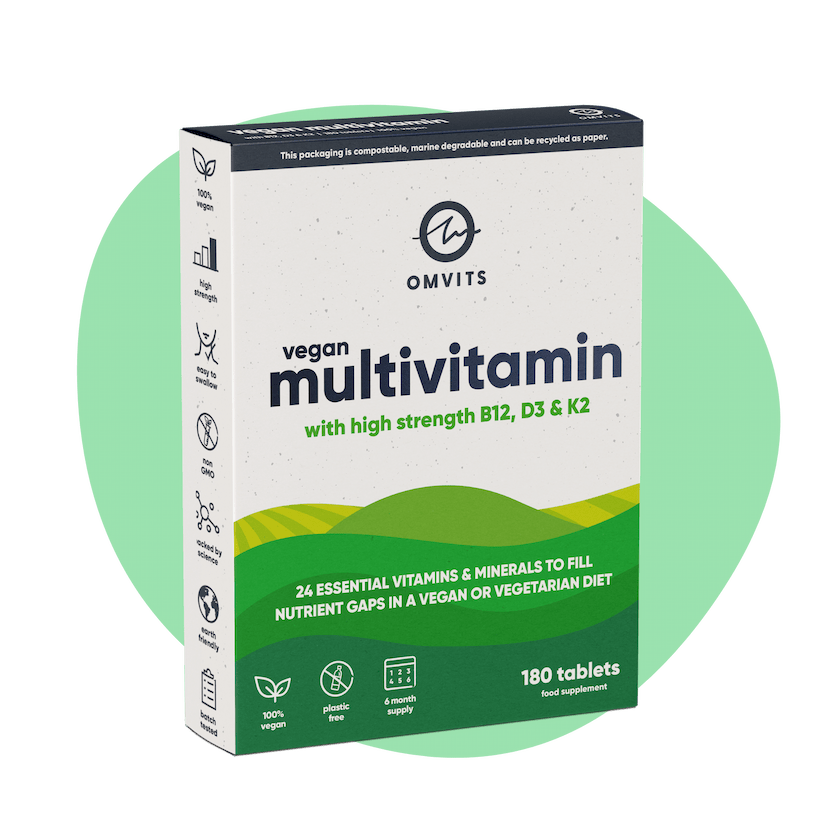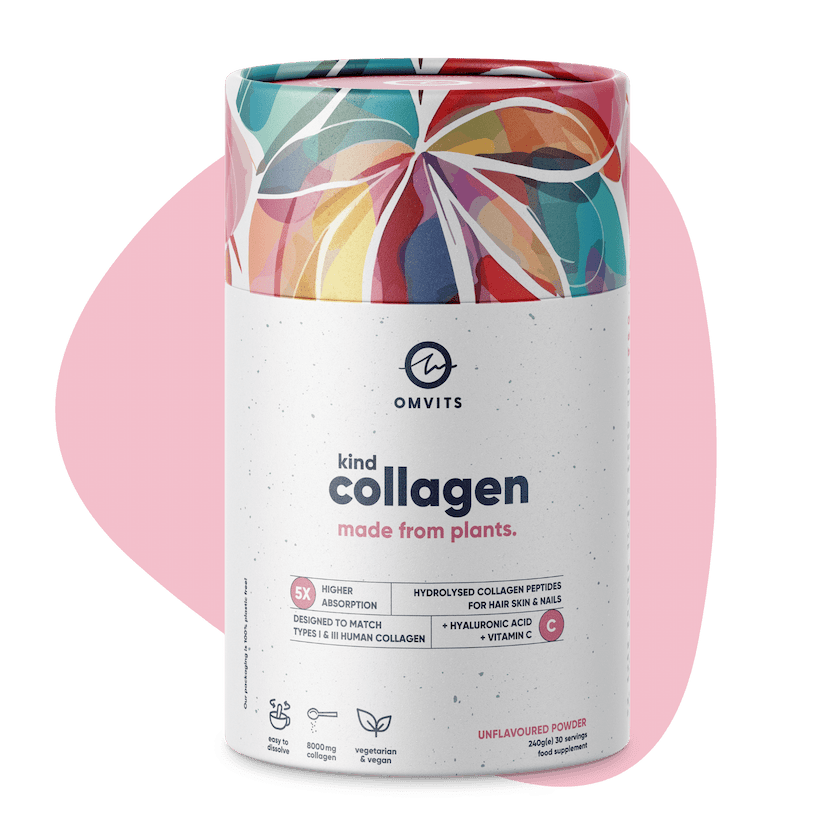Mum & baby - The importance of DHA

The importance of DHA for mum and baby...
DHA is a type of Omega-3 fatty acid that is found throughout the body, but is most abundant in the brain, eyes and heart.
In fact, DHA makes up around 97% of all Omega-3 fats in the brain and 93% of all Omega-3 fats in the retina of the eye. DHA accumulates both before and after birth in the infant's brain, eyes and nervous system tissue.
However, developing infants cannot efficiently produce their own DHA and must therefore get this vital nutrient from the mother through the placenta during pregnancy and from breast milk following birth.
Adding more DHA to the diet during pregnancy and breastfeeding increases the amount of DHA available to the baby, helping them to develop.
The benefits of DHA during pregnancy...
Recent EU expert conclusions indicate that DHA plays a crucial role in optimal brain and eye development. DHA is important throughout pregnancy, particularly in the third trimester when the major brain growth occurs.
Increasing DHA intake during pregnancy and nursing significantly enhances the level of DHA available to the foetus and infant.

Certain studies have shown a link between supplementation of DHA in the mother’s diet and:
- increased birth weight
- higher intelligence
- better social skills
- fewer behavioural problems
- eye-hand coordination
- motor skills
- increased attention span
- reduced risk of ADHD
- reduced risk of obesity and auto-immune diseases such as type-1 diabetes
- reduced risk of early delivery
DHA has also been shown to play a part in maternal well-being. Studies show that supplementation of DHA in the mother’s diet can reduce the risk of early delivery and help prevent postpartum depression.




Note: The contents of the Omvits site are for informational purposes only and not intended to be a substitute for professional medical advice, diagnosis or treatment.
How much DHA is needed during pregnancy?
It is almost impossible for pregnant women to meet their DHA requirements from diet alone. The European Food Safety Authority (EFSA) scientific panel recommends that pregnant and nursing women should consume an additional 200 mg DHA daily in addition to the 250 mg Omega-3 recommended for an average adult - that's a total of 450 mg. Western diets are generally rich in Omega-6 but deficient in Omega-3, making it very difficult for pregnant women on a western diet to meet this recommendation without a DHA supplement.

Convenient
As a mum or mum-to-be, there's already enough to do without worrying about your DHA requirement.
Three softgels daily will provide at least 600 mg of DHA, which comfortably exceeds the EFSA minimum recommendation of 450 mg. Simply take them with some water after a meal and you're done!
Clean and Contaminant Free
Most people think of fish when it comes to Omega-3. However pregnant women are advised to limit their fish consumption due to the potentially high levels of toxins and heavy metals found in our oceans.
Our Omega-3 is clean, vegan and free of the contaminants often found in fish!
Gentle on the Stomach
At a time when everything makes you nauseous, the last thing you need is a large capsule followed by horrible fishy burps.
Our softgel capsules are small, easy-to-swallow and gentle on the stomach - so they don't cause fishy burps!

